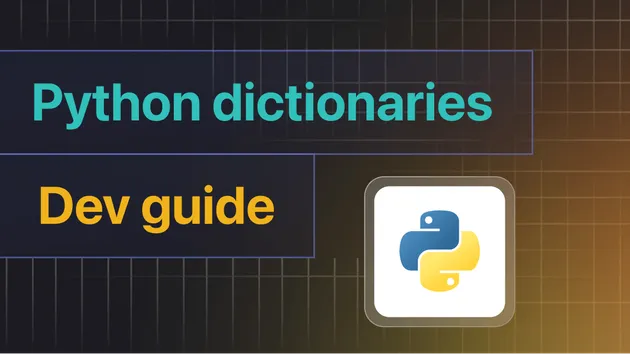cambridge dictionary scraper
Pricing
$10.00/month + usage
cambridge dictionary scraper
This Cambridge Dictionary Scraper Apify Actor automates extracting word definitions, synonyms, examples, and translations from the Cambridge Dictionary. Built with Node.js and Puppeteer, it returns structured data, ideal for language processing, research, and educational use.
Pricing
$10.00/month + usage
Rating
0.0
(0)
Developer

Eniola Bode
Actor stats
1
Bookmarked
4
Total users
2
Monthly active users
a year ago
Last modified
Categories
Share
This Apify actor is designed to scrape word definitions, phonetics, pronunciations, example sentences, and other relevant linguistic data from the Cambridge Dictionary. This actor automates the process of extracting dictionary entries for specified words, making it easy to collect language data for learning, research, or integration into apps.
Features
-
Input Word List: Accepts a list of words to search for on the Cambridge Dictionary website.
-
Rich Data Collection: Scrapes various details about each word, including: Word definitions, Word phonetics (UK/US), Pronunciation audio links (UK/US), Part of speech (noun, verb, adjective, etc.), Example sentences, Synonyms and antonyms (if available)
-
Output Formats: Results can be downloaded in JSON format for easy integration or analysis.
How It Works
This actor navigates the Cambridge Dictionary website and retrieves the requested data for each word input. It can also retrieve translations if they are provided on the dictionary page for a specific word.
Input
The input is a JSON object with a list of words to scrape:
- *words: The words for which you want to retrieve dictionary entries.
Output
The output is an array of objects where each object contains the information for one word. For example:
Key Scraped Data For the word, the scraper retrieves:
- Word: The original word.
- Phonetics: The UK and US pronunciation phonetic spellings.
- Pronunciation: Links to UK and US pronunciation audio files.
- Definitions: The primary meaning of the word.
- Part of Speech: Whether the word is a noun, verb, adjective, etc.
- Example Sentences: Sentences that show the word in context.
- Synonyms and Antonyms: Related words, if available.
Output Formats
JSON
Usage
On the Apify Platform
- Go to the Cambridge Dictionary Scraper actor on Apify.
- Click Try for Free.
- Provide a the words in the input.
- Run the actor and wait for it to complete.
- Download the results.
Locally via Apify CLI
- Install Apify CLI.
- Run the actor locally using the following command:
Input Example
This input will fetch the dictionary data for the words "Iron".
Versioning
v1.0.0: Initial release with support for word scraping and detailed data extraction.
Use Cases
- Language Learning Apps: Enrich your app with accurate word definitions, example sentences, and audio pronunciations.
- Translation Platforms: Retrieve word translations from the Cambridge Dictionary to enhance your platform.
- Education Tools: Create language exercises or vocabulary quizzes using the scraped data.
- Research and Linguistic Analysis: Collect large datasets of words, definitions, and usage examples for research purposes.
Limitations
--Only words available on the Cambridge Dictionary can be scraped. --Some words may not have translations or synonyms/antonyms available.




